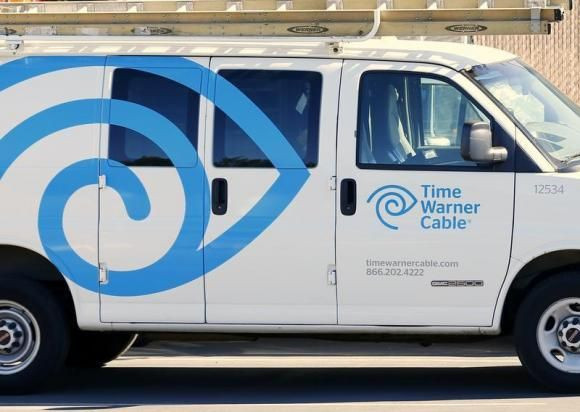Time Warner Cable (TWC) Outage: ‘Internet Backbone’ Issue Raises Questions About Comcast Merger

Updated Wednesday, 7:10 p.m.:
Time Warner Cable issued an updated statement, acknowledging the seriousness of Wednesday’s nationwide outage.
“During an overnight network maintenance activity in which we were managing IP addresses, an erroneous configuration was propagated throughout our national backbone, resulting in a network outage. We immediately identified and corrected the root cause of the issue and restored service by 7:30 a.m. ET. We apologize for any inconvenience this caused our customers. A failure of this size is very serious and we are taking the necessary steps to improve our processes with the objective of making sure this doesn’t happen again.”
Original Post:
As far as Internet outages go, it could have been worse. It happened during the early-morning hours, when the only people online are overnight security guards and people who read the NoSleep sub-Reddit. And it was resolved quickly, with service restored to most customers within 90 minutes.
But the broadband blackout that tore through Time Warner Cable Inc. (NYSE:TWC) early Wednesday morning was still a notable disruption, and notably unnerving in that it reached every broadband customer across the country’s entire footprint. That’s 11.4 million customers -- Internet users from New York to California to Texas to Ohio -- who were all affected by the same interruption in service.
Bobby Amirshahi, a spokesman for TWC, said he was not aware of an outage of this size affecting the company before. In a statement, TWC said the outage occurred during routine maintenance and was the result of an “issue with our Internet backbone.” Typically, Internet outages are limited to specific regions, but this one was a reminder that all things are connected. It was also a wakeup call for those who may have forgotten that the functionality of the modern world hinges on the infrastructure of a few large companies.
The timing of that wakeup call is particularly poignant given that Time Warner Cable, the country’s second-largest cable company, may soon merge with Comcast Corp. (NASDAQ:CMCSA), the country’s largest. Provided federal regulators play along, when the smoke from the merger clears, the combined company will control one-third of the U.S. broadband market. That’s great for Comcast and TWC, but perhaps not so enticing for those of us concerned with the future stability of a company with an even larger Internet backbone.
It’s a point that was not missed on Wednesday when hashtags like #TWCoutage trended on Twitter:
What could possibly go wrong with large scale private corporate control of the Internet? #TWC #TWCoutage
- John Kane (@Tortured_Verse) August 27, 2014One thing is certain: Wednesday’s outage will only add to the groundswell of scrutiny TWC is receiving from lawmakers, consumer groups and the general public. The Federal Communications Commission has received some 64,000 comments regarding the proposed Comcast/TWC merger. The official public-comment period ended Monday, but opponents of the deal have not let up since. On Tuesday, Netflix Inc. (NASDAQ:NFLX) blasted the merger in a letter to the FCC, saying the combined entity would gain unfair bargaining leverage against Internet and streaming companies.
But despite the fierce opposition, many analysts believe the deal will be approved, citing a climate in Washington that has been generally welcoming of mega-mergers. For instance, Comcast’s merger with NBCUniversal -- which gave it control of a major content company -- was in some ways even more controversial than its proposed acquisition of TWC, but it was approved in 2011, albiet with a litany of conditions.
Tuna Amobi, an analyst at S&P Capital IQ, said he thinks the Comcast/TWC will be approved as well, and he doesn’t think Wednesday’s outage will have much of an effect in the minds of regulators. “It’s a significant event, but by itself I don’t think it will throw off the merger,” he said. “Based on all indications, the deal still has more chance of passing than not.”
Of course, there is still the issue of public perception. Both Comcast and TWC typically appear on or near the bottom of customer-satisfaction surveys, and a nationwide broadband outage is not likely to boost their rankings. But do antitrust regulators take such low opinions into consideration? “They do,” Amobi said. “On the other hand, the public perception of these companies is nothing new. It’s been almost perennial. Many things, whether it’s outages or programing disputes, are going to be weighed.”
In the end, though, any potential weakness is going to be honed in on by TWC’s many foes, and some on Twitter are already seeking to exploit Wednesday’s outage for their own gain.
Don't keep letting bad things happen. #TWCoutage should be the sign that it's time to make the switch to the winning team. Care to chat?
- DirecTV_Jayden (@DirecTV_Jayden) August 27, 2014Got a news tip? Email me. Follow me on Twitter @christopherzara.
© Copyright IBTimes 2024. All rights reserved.






















